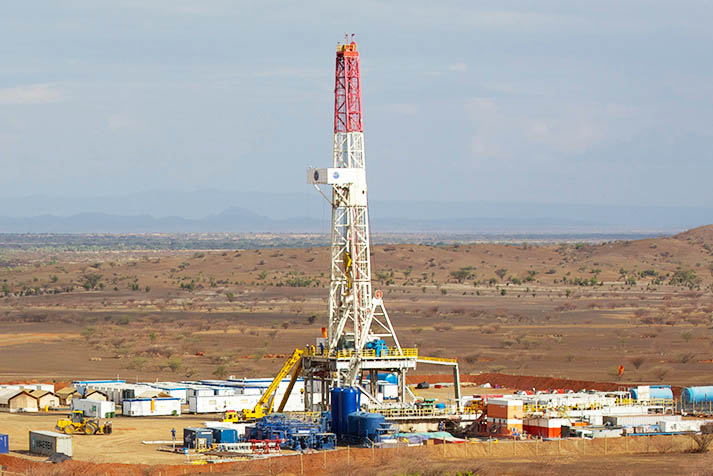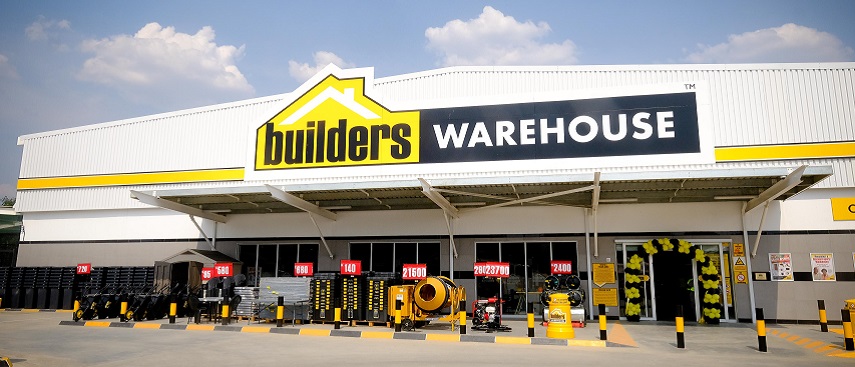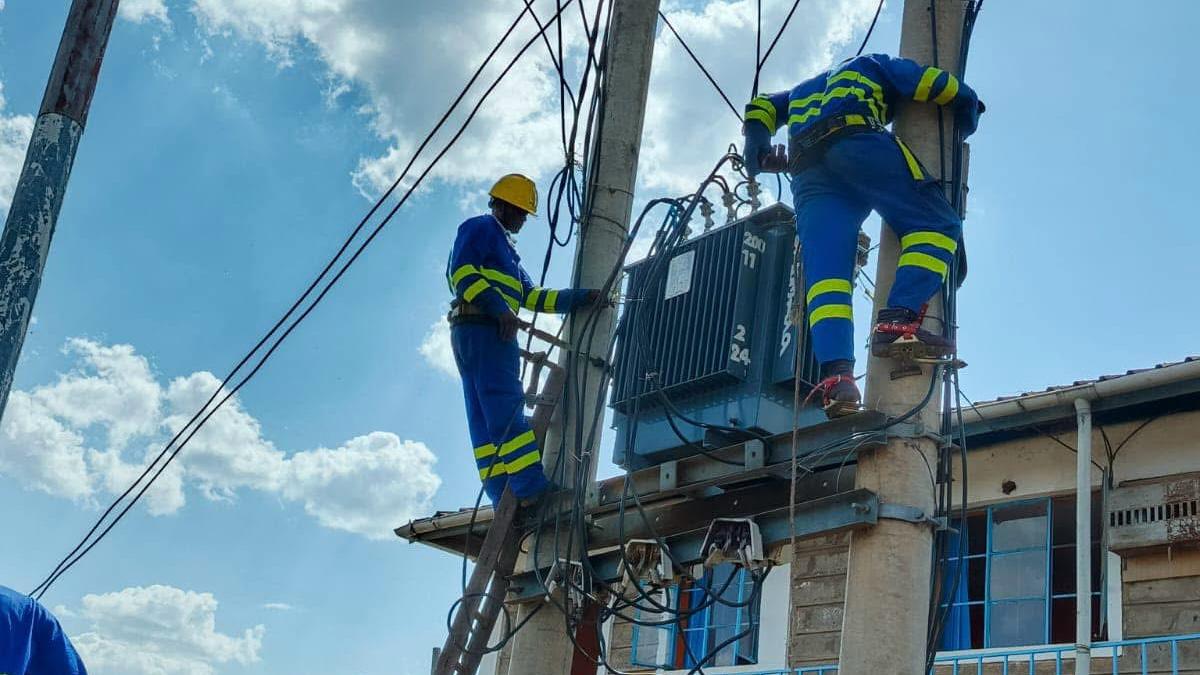President William Ruto was under the spotlight after some critical investors fled the country.
The decisions were informed by the policy shift championed by the Kenya Kwanza administration.
The investors announced that they were exiting the Kenyan market to find other safe havens.
Africa Oil
Africa Oil Kenya BV paid Ksh2.17 billion ($15.5 million) between April and June this year before fully exiting the Kenyan market.
Read More
It exited the Turkana Oil project after relinquishing its 25 percent shareholding to Tullow Oil.
“In quarter two 2023, the company completed its negotiations on the penalties and interest relating to the historical tax dispute and settled historical partner and other disputes resulting in payments of Sh2.17 billion ($15.5 million),” Africa Oil said in financial disclosures for the period ended June.

The Canadian-owned oil and gas exploration firm announced that it was moving to other areas with high oil volumes.
"We have taken the decision to exit our Kenya concessions as our strategy has shifted to focus on production and high-potential exploration opportunities, including our Orange basin portfolio where we are now appraising the exciting Venus discovery offshore Namibia," the firm announced.
TotalEnergies
The change in market dynamics forced TotalEnergies to wind up its operations in Kenya around May.
The firm moved to explore other options in other countries.
TotalEnergies and Africa Oil were all involved in oil exploration at the Turkana Oil project.
The duo owned a 25 per cent stake apiece in blocks 10BB, 13T and 10BA in the South Lokichar Basin. Their exit left the cash-strapped Tullow Oil to continue with the venture.
TotalEnergies had at the end of last year indicated plans to dispose of its stake, as doubts lingered on Kenya’s ambition to join the league of oil exporting nations.
“In Kenya, TotalEnergies holds interests in onshore permits (10BA, 10BB and 13T). On Blocks 10BB and 13T, TotalEnergies is studying the different options to monetise the oil discoveries made,” the firm said in a trading update in December 2022.
Builders

Builders, a subsidiary of South Africa’s retail giant Massmart, announced the shutting down of its business at the Waterfront Karen Nairobi in less than three years of operation.
In the announcement which was made in February, the firm attributed the decision to persistent losses and poor performance due to factors such as the inability to import stock timeously and tough importation rules that have undermined its competitiveness.
“As a result, the business has had to consider closing Builders Warehouse Karen Waterfront in Nairobi, Kenya. We have initiated the process required for potential closure,” the company said in a notice dated February 1, 2023.
The company had set a target to capture contractors in the large-scale construction industry in the Kenyan real estate sector.
However, its mission failed forcing the company to exit.
Jumia Cutting Down Food Delivery Business
In December, E-Commerce platform Jumia announced plans to shut down its food delivery business.
Jumia which runs the food delivery business in Kenya, Nigeria, Uganda, Morocco, Tunisia, Algeria and the Ivory Coast, said employees currently attached to the venture will transition to the durable consumer goods business.
“Following a strategic review of Jumia Food, the company determined that its food delivery business is not suitable to the current operating environment and macroeconomic conditions and will close its operations in all markets by the end of December 2023,” read the statement.
Zumi
B2B e-commerce startup Zumi shut down due to its inability to raise the funding necessary to sustain its operations.
The company laid off its team of 150 people.
CEO and co-founder of the Kenya-based startup, William McCarren, announced the company’s close in a Linkedin post saying, “ The current macro environment has made fundraising extremely difficult, and unfortunately, our business was not able to achieve sustainability in time to survive.”











